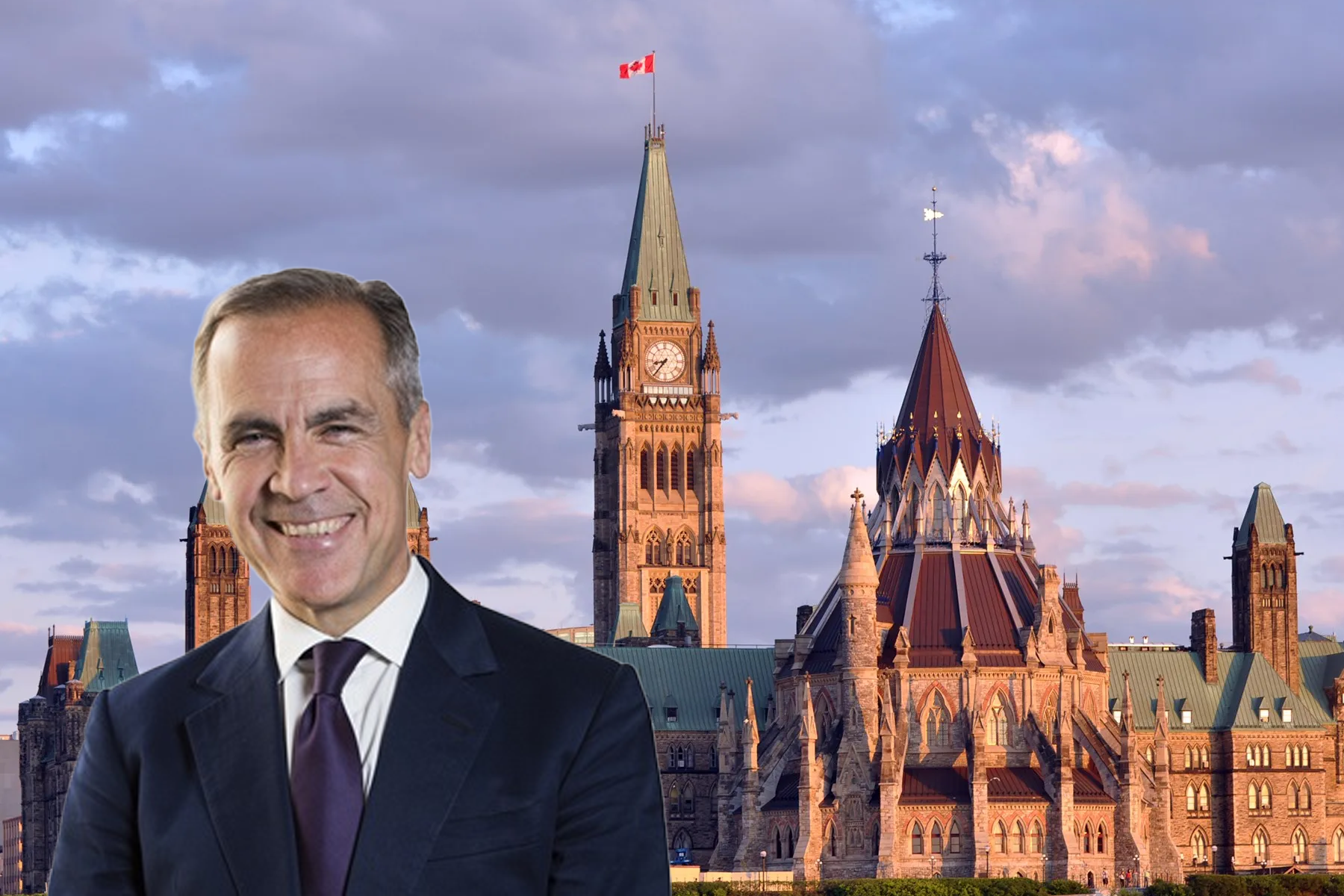With all the opposition leaders previously declaring their intent to facilitate an early federal election when parliament was to resume, it was in Carney’s best interest to call the election himself.
Throughout the end of Justin Trudeau’s leadership in the Liberal Party, his government faced several warnings from the Conservative Party of Canada, the New Democratic Party (NDP) and the Bloc Québécois that they planned to trigger a non-confidence vote, which would allow members of Parliament to vote out the Liberal Party, likely leading to a federal election.
All three opposition parties continued to hold this stance despite Trudeau’s resignation, all saying they would take the necessary steps to call an early election as soon as possible.
However, on March 23, Prime Minister Mark Carney announced that he requested Governor General Mary Simon to once again dissolve Parliament, calling for a federal election to take place on April 28.
There are several factors contributing to Carney’s decision to call an early federal election in advance of what was to be Parliament’s return on March 24, here are a few reasons why his party could benefit from calling a snap election right now.
Liberals surpassing Conservatives in the polls
According to several voter polling surveys, including one from Nanos and another from Leger, the Liberals are seeing a trend of upward support, a stark contrast from a year’s worth of polling that saw the party significantly lagging behind the Conservative Party of Canada.
Amidst Canada’s trade war with the U.S., which is being deemed by commentators in the media to have “revived” the Liberal Party, Carney’s status as a lifelong economist positions him as a voice of authority during this time of economic crisis. Long-held comparisons between Conservative Party leader Pierre Poilievre and President Trump could also shift voter support back to Carney if Canada-U.S. relations remain tense.
Since the Liberal Party is seeing an uptick of support during these tense times for Canada, Carney might be able to take advantage of shifts toward the Liberal Party and secure himself another four years in office.
The Liberals have not received this level of support in months, and the lead they have is fluctuating between mere percentage points, meaning their surge in voter support is fragile. If Carney did not take advantage of his party’s slight lead, voter support could easily shift back to the Conservatives and dissolve his electoral opportunity.
Less time in office for the Liberals ahead of opposition campaigns
Since Carney is not a lifelong politician, opposition parties cannot necessarily draw upon past governing mistakes he has made to sway voters away from the Liberals.
This attack-ad tactic is extremely popular in all political advertising but was specifically evident in advertisements against Trudeau during his last days in leadership.
For example, “Real change. The one promise he kept,” was the tagline featured in an advertisement issued by the Conservative Party of Canada when Trudeau was still prime minister. The advertisement compared the increased severity of the housing crisis from the beginning of Trudeau’s leadership in 2013 to a decade later in 2023, implying that his government was responsible for it.
At the time of writing, many of the attack-ads targeting Carney focus on his past endorsement of Trudeau’s controversial consumer carbon tax — the tax which Carney will but cutting to zero per cent as of April 1 — as well as his decision to move Brookfield’s business headquarters from Canada to New York.
As Carney does not have a political career to serve as a basis on which to judge how he might lead the country — aside from his time as Trudeau’s economic advisor, claims he’s made himself or predictions based on the way he navigated his career in the field of economics — the less time Carney spends in office ahead of the election, the less things for the opposition parties to use against him during the campaigning period.
Opposition parties promise to call a non-confidence vote
It might also have been beneficial for Carney to call a snap election before the opposition parties could call a non-confidence vote in his leadership when Parliament was initially set to resume.
As mentioned, three of the opposition parties, including the Conservatives, the NDP and the Bloc Québécois, all confirmed their intent to immediately call a non-confidence vote in the Liberal government if Parliament were to return on March 24. Carney’s call for a snap election notably took place on March 23, the day before the new Parliamentary term was set to begin.
Calling the election on his own terms works in favour of his public image as opposed to several party leaders warning they do not have confidence in his ability to adequately lead Canada.
If the parties were to call a non-confidence motion upon their return to Parliament and Carney lost the vote, he would have had to resign and allow the Governor General to decide whether opposition parties should form a government or if a federal election should be called.
Under this circumstance, Carney would clearly not have had control on the outcome of the confidence vote. A forced resignation would reflect poorly on his leadership, and all but ensure a Liberal defeat in the next election.
With Carney calling the election himself, he was able to go without opposition parties expressing their doubts of his leadership on the Parliamentary stage — regardless of their tendency to do so in their own electoral campaigns.
—
Despite the many factors that might have contributed to Carney’s decision to call an early election, any approach to inciting a snap federal election is risky. The result of Carney’s decision will become clear in the coming weeks as parties gear up to campaign for leadership.

